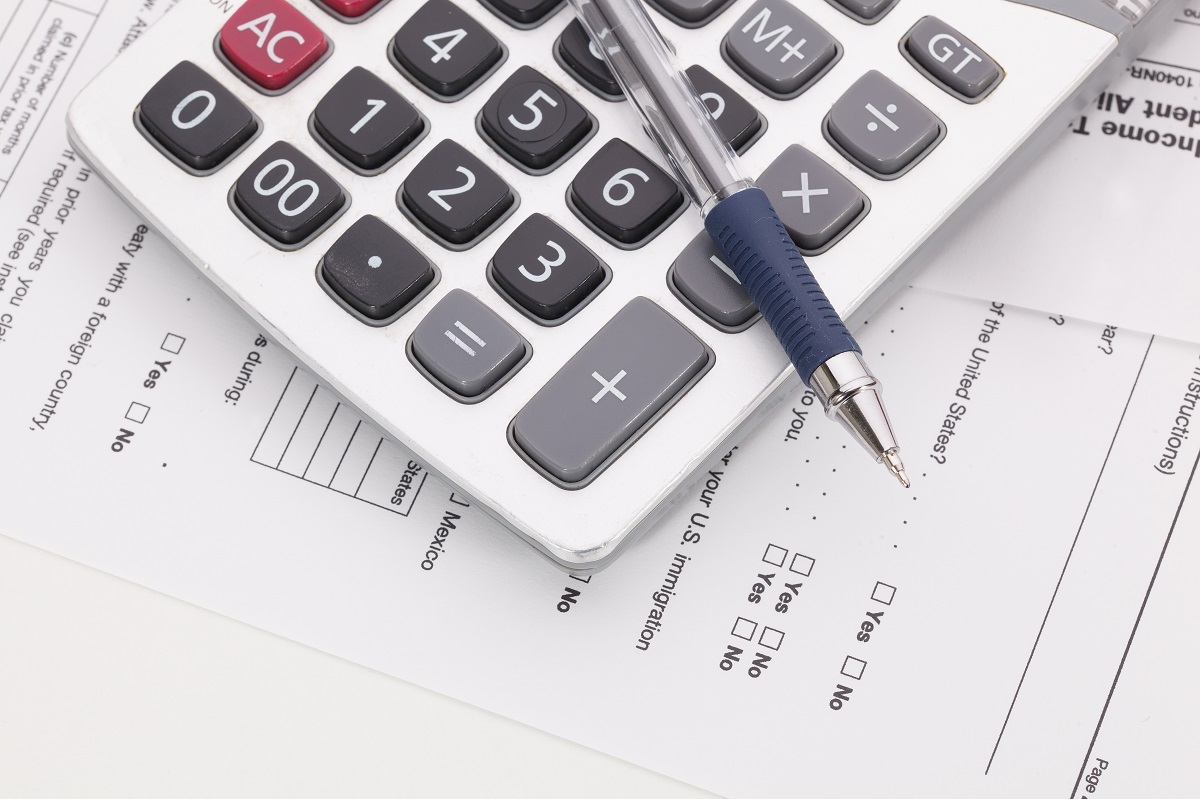When you are drowning in debt, everything in your life can be affected. Sometimes the best thing you can do is wipe the slate clean and start over through a bankruptcy. Of course, this is not something to take lightly. It should be given a great deal of thought before you proceed, because though you may experience relief, you will also have to face some negative consequences. You will most likely want to consult an attorney for advice on how to proceed. A simple online search will help you to find a reputable bankruptcy trustee in Ottawa, or you may have a friend who could give you a referral.
Here is what happens when you file for bankruptcy:
- Debts will be discharged. Although you will not be able to eliminate all of your bills, many of your debts will be taken away, freeing up the money you were spending to pay those, so that you can get caught up in other areas, like your mortgage or child support payments. You will probably be required to participate in credit counseling, but that could be beneficial to keep you from needing to take such extreme measures as bankruptcy in the future.
- You will not be left with nothing. You may have to give up some of your assets, particularly if you include them in the bankruptcy. In Ottawa, you can typically keep all of your personal belongings, except perhaps your home and/car, depending on how much equity you have in them. The whole purpose of the bankruptcy is not to leave you destitute, but rather to give you a chance to start over.
- Bankruptcy will affect your credit rating. When you file bankruptcy, your credit will be negatively affected. The bankruptcy will show on your Equifax and TransUnion credit reports for six to seven years, and maybe longer. You will be able to get credit again, but will most often not be able to get the lowest interest rates on your credit cards and loans. It will be similar to starting from scratch, as you did when you had no credit history at all.
- You will need to rebuild and repair. Once the bankruptcy process is complete, you must change your spending habits to avoid future issues. Pay your bills on time, save money and check your credit reports to ensure that there are not any errors. If you see any problems, address them as soon as possible.
When approached and executed appropriately, a bankruptcy can be a valuable tool in getting yourself out of debt and finding an opportunity to get your financial life back on track. This can have many positive effects, such as eliminating stress and helping you build for the future. However, you will also need to be prepared for dealing with the negatives, and for working hard to improve your spending habits.










